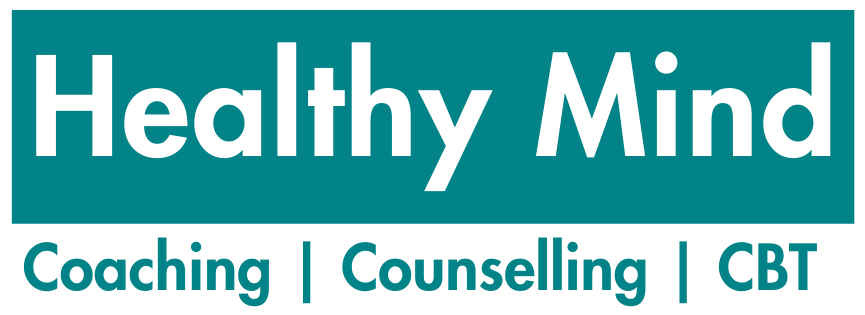Cognitive behavioural therapy (CBT) is a form of psychotherapy that is used primarily to treat patients with pre-existing mental health & wellbeing conditions or disorders. Clients often seek therapy when these struggles affect their overall quality of life. If you, or someone you love, is struggling with their mental health & wellbeing then perhaps it’s time to reach out and seek professional advice and support.
What is Cognitive Behavioural Therapy?
Cognitive behavioural therapy is a talking therapy that can help you manage your mental health & wellbeing by changing the way you think, feel or behave.
CBT is one of the most effective non-medicative forms of treatment. It can effectively treat many mental health conditions such as anxiety, depression and obsessive compulsive disorder. It can also help with physical conditions such as chronic pain, irritable bowel syndrome and chronic fatigue syndrome.
CBT is based on the concept that our thoughts, emotions and behaviours are linked. As a result of this, CBT assumes that if we can change our ways of thinking, then it is possible to effectively treat mental health & wellbeing concerns. Negative thoughts and feelings trap you in an unhealthy cycle – CBT aims to break this cycle and reshape our thoughts.
Unlike other talking therapies, CBT deals with your current problems, rather than focusing on issues from your past. It looks for practical ways to improve your state of mind on a daily basis.
Which Practical techniques are used?
Clients are taught new skills to cope with scenarios they struggle with in real life. They are often taught coping mechanisms to manage their negative thoughts, feelings or behaviours.
A technique used is Cognitive Restructuring, the client identifies any false or irrational beliefs that they might have. This gives both the client and therapist a place to begin and allows them both to focus their attention on trying to resolve these negative thoughts and feelings. Together, they can create behavioural tests to assess whether a belief is true or not.
Clients will also work with therapists to create positive activity structured scheduling.This encourages clients to engage in certain enjoyable activities. They might also choose to journal or self-monitor to better understand their negative self talk or false irrational beliefs.
What Can Cognitive Behavioural Therapy Do For You?
There are a number of positive benefits that you can get from Cognitive Behavioural Therapy. Its results often grow exponentially along with the amount of time and dedication put into it. Some benefits are:
- Improved Mental Health & Wellbeing
CBT improves a person’s mental well-being; it does this by combating negative thoughts daily. CBT provides tools to help you recognize and challenge negative thought patterns as they arise.
- Creates Better Self-Esteem
CBT’s focus on helping people to understand their own negative and false beliefs helps them to better judge the unhealthy ways they think about themselves, allowing them to gain a fair view of who they really are, often leading to an improvement in self-esteem and confidence.
- Equips You With Tools for Overcoming Stress and Anxiety
If, like many today, you often find yourself overwhelmed by stress, then CBT is a great tool for helping you overcome everyday stressors. With the help of a professional, CBT can equip you with many great techniques to help ease anything that might be causing you stress, anxiety, worries, self doubt or fear.
- Improves Sleep
One of the techniques often used in CBT is relaxation exercises, these are known for improving sleep. If you need an improved sleep pattern and a better relaxation routine CBT can potentially provide you with this. Mindfulness techniques and relaxation exercises are generally employed to good effect through CBT.
- Less Procrastination and Better Focus
CBT can also lead to better focus at work. You will be able to let go of background stresses, concentrate and focus better on the task at hand. You will procrastinate less because anxiety will not prevent you from completing your work. CBT will also help you to set goals and create tangible ways of achieving them, making everyday tasks easier to deal with and complete.
Contact [email protected] for a free 20 minute consultation to discuss your issues, concerns and requirements.






